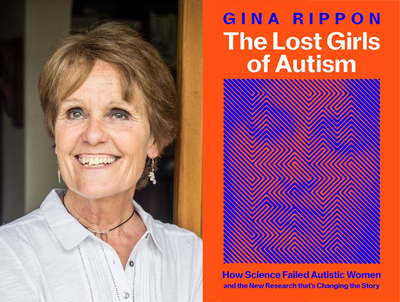• Dr Stephen Worrall believes Birmingham’s Clean Air Zone is encouraging fewer drivers into city centre
• The pollution expert said statistics show motorists are ‘changing their behaviour’
• He praised other cities for following suit but says changes need to come more quickly.
A leading expert in air pollution from Aston University has examined available data on how many vehicles have paid to enter Birmingham’s Clean Air Zone (CAZ) and has said people’s behaviours are changing
Atmospheric chemist, Dr Stephen Worrall, praised the introduction of Birmingham’s CAZ which launched on 1 June, saying it was an important step in tackling air pollution in the city and would have a considerable impact on people’s health.
Whilst the full impact of the CAZ on pollution levels won’t become clear until 2022, Dr Worrall said since the “Go Live Date” the traffic data revealed that the number of non-compliant vehicles being driven in the zone was decreasing markedly.
“In the first two weeks of June before charging was introduced, the daily number of non-compliant vehicles being driven within the CAZ was at an average of 18,787.
“After charging was introduced, this dropped significantly to 11,850 for the remainder of June and this number has continued to fall, with the last reported daily average of 10,800 for August.
“This isn’t just your average motorist with a car either, as the data shows similar trends for other categories of vehicles with the biggest improvement observed in light goods vehicles (LGVs). Over 75% of these vehicles were complying with the CAZ in August versus just 63% in June. This is a significant and sustained reduction which clearly demonstrates that people are modifying their behaviours,” he said.
Dr Worrall added that the data was also able to hint at the manner in which people were modifying their behaviour, with a possible increase in public transport use, car sharing or a reduction in overall number of journeys.
“Some people are upgrading their vehicles to newer, less polluting models as there has been a small rise of about 2,500 in the number of complaint vehicles entering the CAZ on a daily basis. However, this number is dwarfed by the approximately 8,500 reduction in the daily number of non-complaint vehicles. The upshot of this is that the total number of vehicles entering the CAZ every day has dropped by roughly 6,000 (around 6%). 6,000 fewer of the most polluting vehicles in our city centre is a real positive and a step in the right direction to improving our air quality and health,” he said.
Air pollution particularly affects the most vulnerable in society, including children, and older people, and those with heart and lung conditions. The annual health cost to society of the impacts of particulate matter alone in the UK is estimated to be around £16 billion*.
Levels of NO2 in Birmingham frequently exceed 45 to50 micrograms per cubic meter, mainly caused by road traffic emissions, with certain hotspots exhibiting even greater values such as the measuring site at St Chads Queensway where the last reported yearly average for the city centre was as high as 74 micrograms per cubic meter. The primary aim of the CAZ is to reduce the levels of NO2 to 40 micrograms per cubic meter.
Dr Worrall said that although CAZs weren’t directly designed to address greenhouse gas emissions, if as suggested they result in less people using their vehicles for journey, then this would have an impact on emissions.
“Whilst the CAZ target is to reduce nitrogen dioxide (NO2) levels, the knock-on effect of this reduction in car use will mean a reduction in pollution in general, including greenhouse gases such as CO2. This is really important and suggests that other cities need to be acting now rather than later. Bath has implemented a similar but less stringent system, London recently extended its ultra low emission zone (ULEZ) area and Portsmouth’s CAZ will be coming live shortly too, but other cities who have plans in the pipeline should really bring them forward as a matter of urgency,” he said.
Dr Worrall added that with current COP26 discussions bringing pollution to the forefront, it was important to continue with awareness.
“These policies are all small pieces in the puzzle for reducing emissions from transport and getting people to make wiser choices about the vehicles they own and buy, and as COP26 is making very clear we need to be doing all of these things now to save our planet” he said.
Dr Worrall has great experience in the subject, having spent a portion of his post-doctoral research in Beijing where he took live air pollution measurements, monitored problematic levels and discussed with international colleagues’ ways to address these issues.
Read more about the College of Engineering and Physical Sciences at Aston University, here: https://www.aston.ac.uk/eps
ENDS
* Defra (2017) Air quality plan for nitrogen dioxide in the UK





